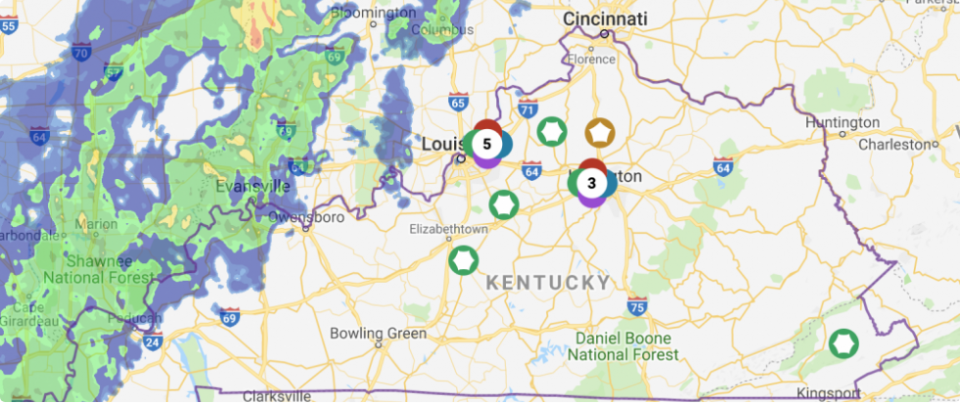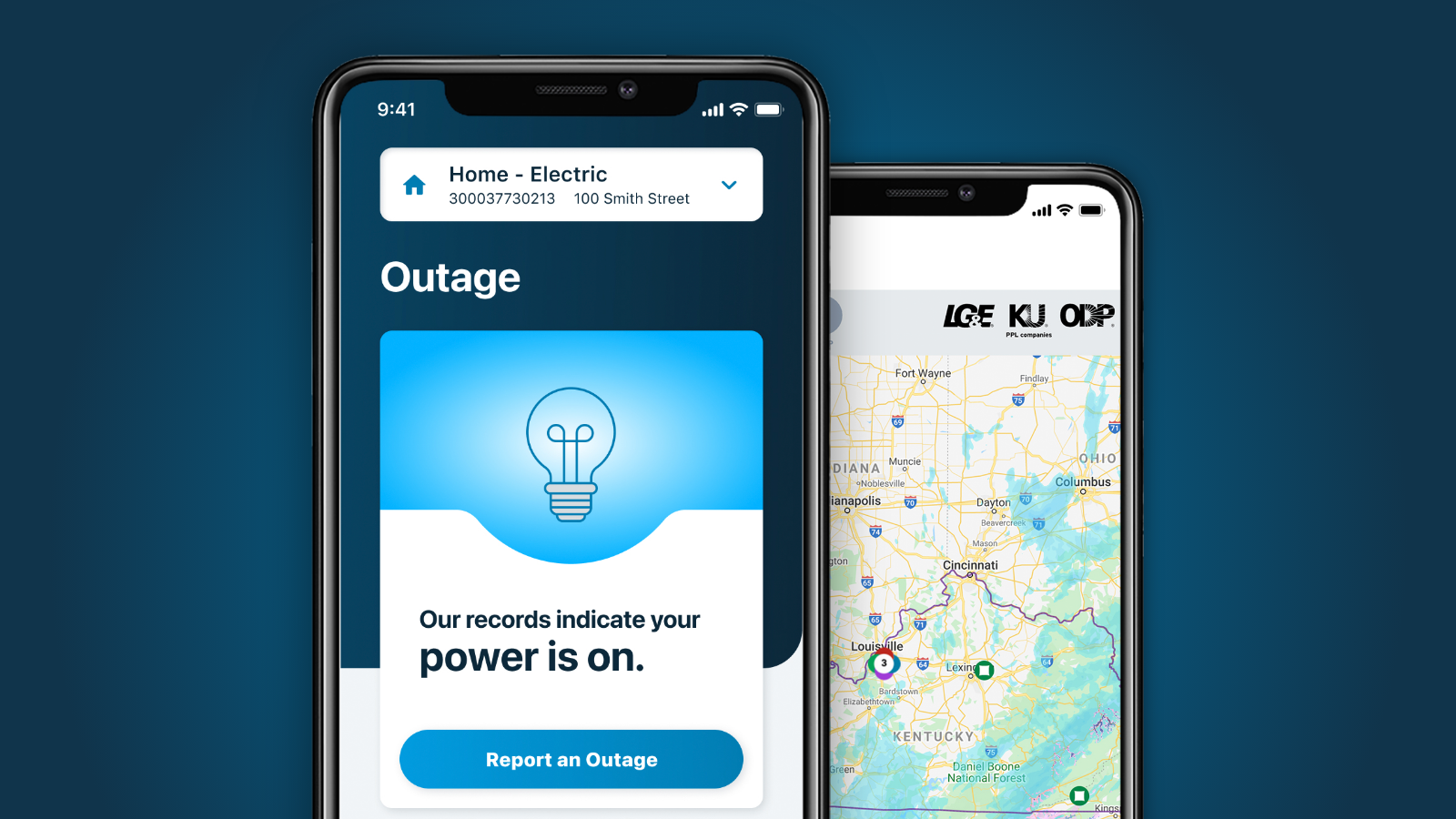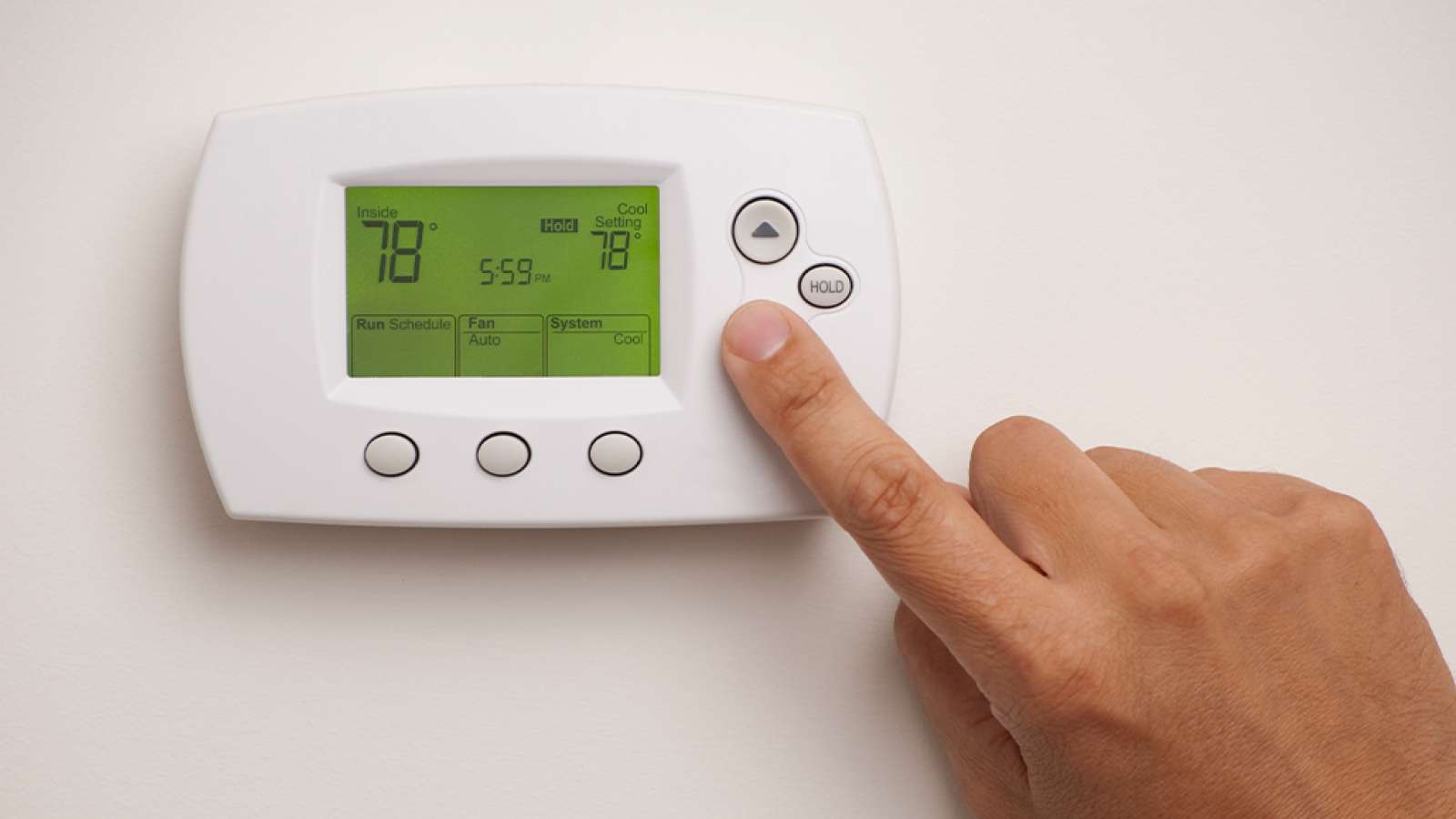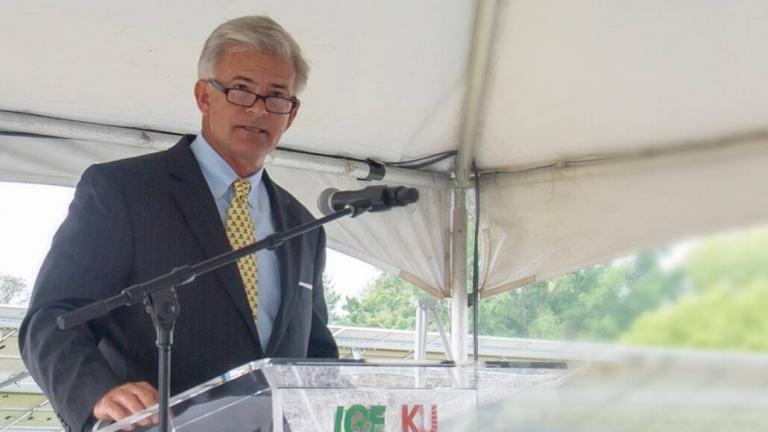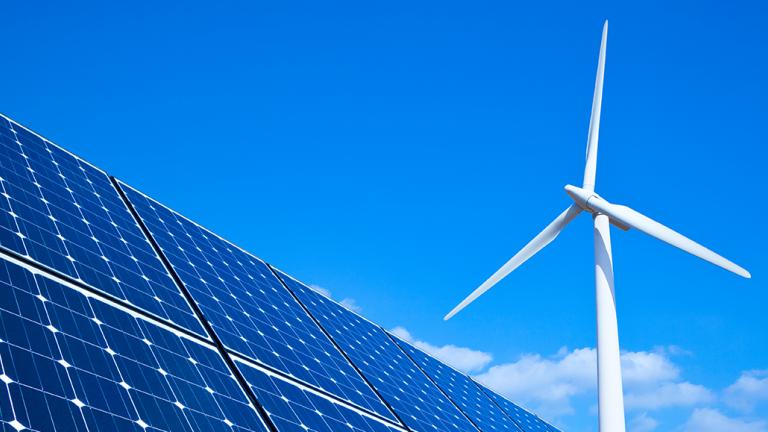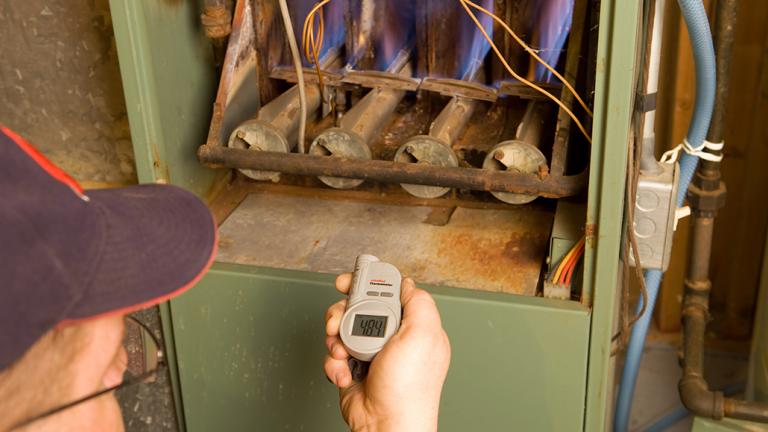We all look for ways to save where we can on items we need, whether it’s at the grocery, the gas pump or when we’re shopping online. There are also opportunities to save on your monthly utility bill. Of course, weather is a major player in how much energy you use. Incorporating a few basic energy-efficiency tips into your household routine can help reduce your usage, which may translate into savings on your bill.
- Thermostat – What is yours set on? In the warmer months, set the temperature at 78 degrees Fahrenheit. In the colder months, set it to 68 degrees Fahrenheit. If you have a programmable thermostat, you can set it even higher (or lower) when no one is home to maximize energy savings.
- Blinds, curtains and shades – Keep them closed during the heat of the day in the summer and open them to let the sun in during the winter.
- Ceiling fans – Set them to run counterclockwise in the summer and clockwise in the winter. Also, ceiling fans only cool people, not rooms, so remember to turn them off when no one is in the room. And here are a couple of nonweather-related tips:
- Lights – Like ceiling fans, they’re just using energy for no good reason if there’s nobody in the room. If you leave a light on for security or safety reasons, consider using LED bulbs – which are more energy efficient than standard incandescent bulbs – or program them to come on and go off at certain times.
- Laundry – Use cold water as often as you can. Most of the energy used for washing comes from using hot water. Only wash full loads. Your washer and dryer use the same amount of energy to wash or dry a partial load as they do to handle a full load.
These are just some of the simple steps you can take to improve your energy efficiency, even when the weather is extreme. Visit lge-ku.com/tips for more ideas and suggestions. Also, check out lge-ku.com/marketplace where you can find energy-efficiency ratings for various products.
